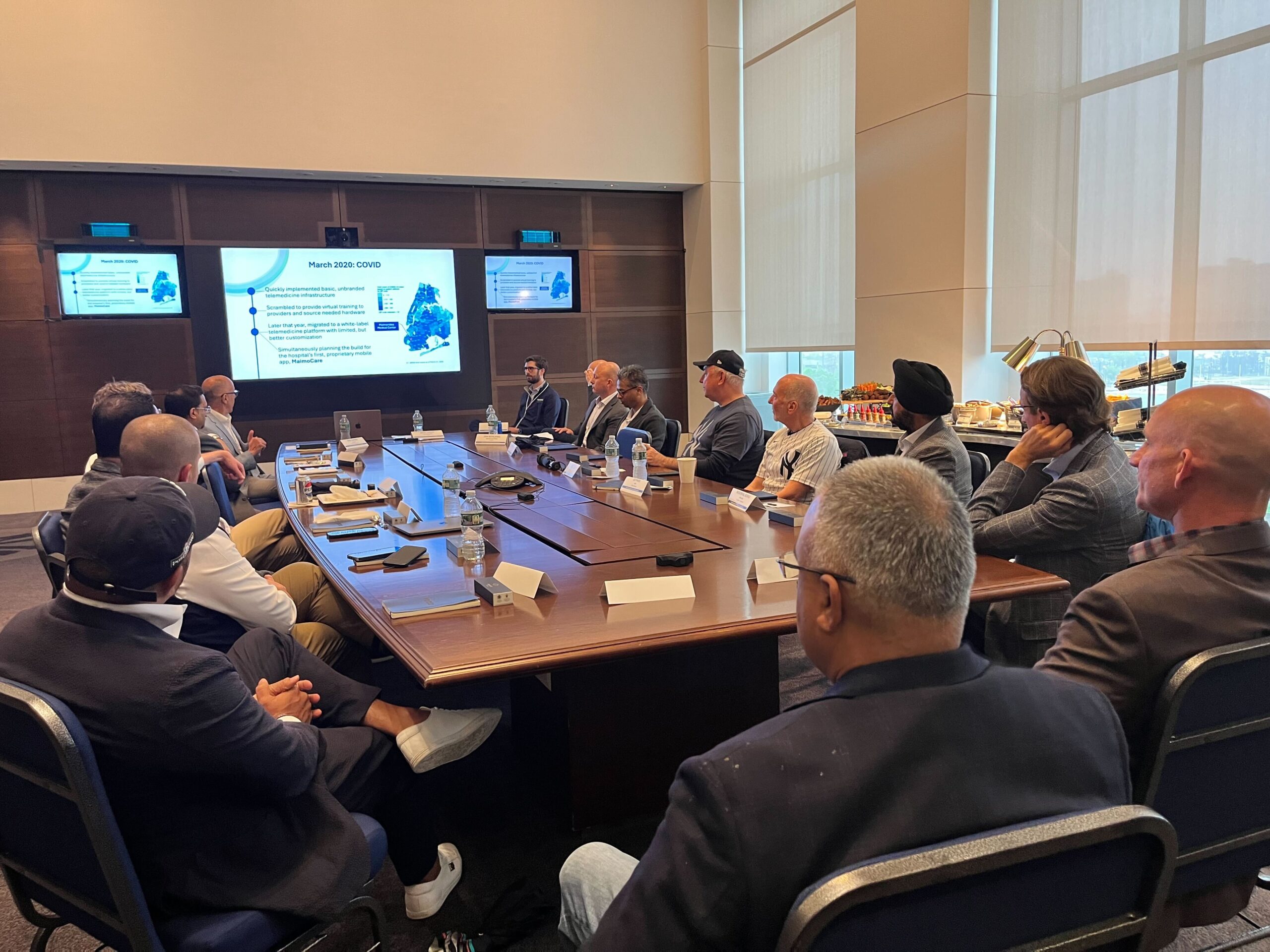Join the conversation
Latest Blog
Topics:
All posts
Load More
- All posts
- 360 degree view
- Better data in EHR
- Cloud transformation
- Customer Stories
- Digital engagement
- Financial services
- Healthcare interoperability
- Healthier community
- Just for Fun
- Master Data Management
- MDM
- News and Events
- Policy
- Provider Data Management
- Referential Matching
- Thought Leadership











